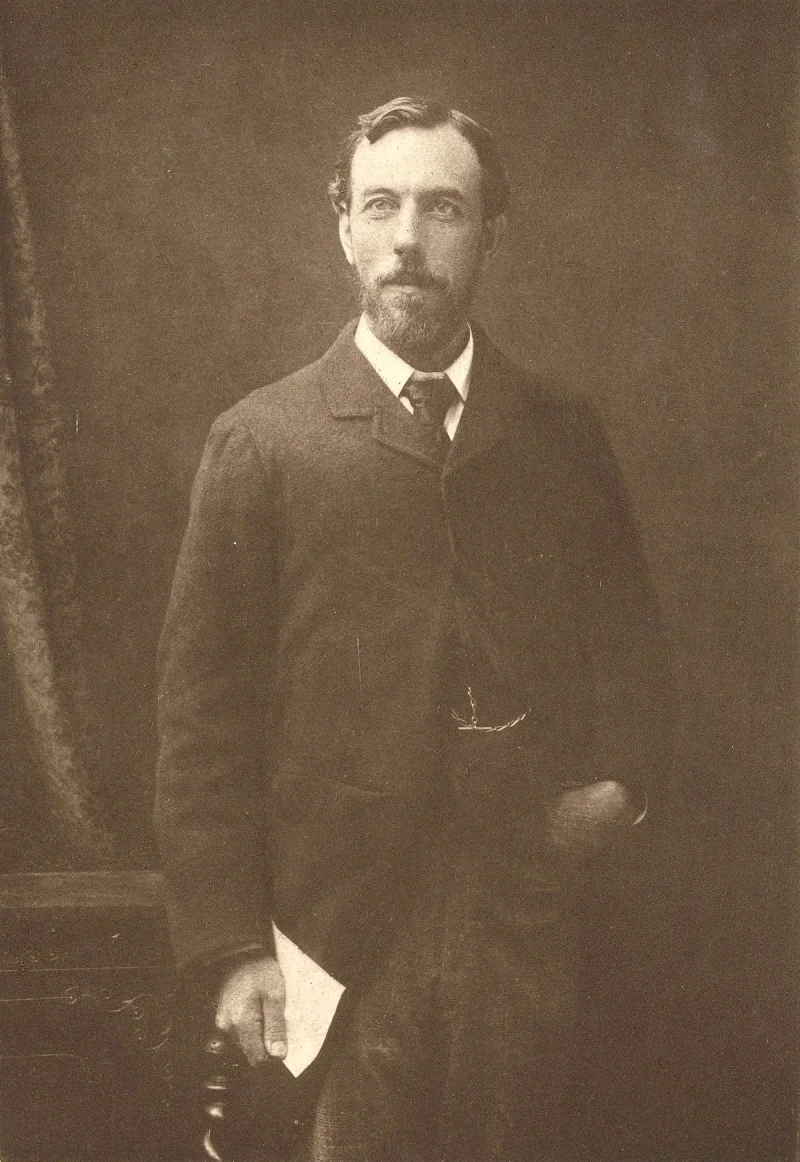Short Summary
Jane Marcet was a pioneering science writer and educator known for her work in making complex scientific concepts accessible to the general public, particularly women and young people. Her most famous work, "Conversations on Chemistry," introduced readers to the fundamentals of chemistry in a conversational format. Through her writings, she played a pivotal role in popularizing science during the 19th century and inspired many future scientists, including Michael Faraday. Marcet's contributions have left a lasting impact on science education and literature.
Early Life & Education
Jane Marcet was born on January 1, 1769, in London, England, into a Swiss family. Her father, Anthony Francis Haldimand, was a wealthy merchant, which afforded her a comfortable upbringing. She received an education that was uncommon for women of her time, likely due to her family's progressive views on women's education. Her early exposure to intellectual circles influenced her lifelong passion for learning and teaching. This environment fostered her interest in science and literature, which she later pursued through self-study and by engaging with leading scientists of her era.
Career Highlights
Jane Marcet began her career as an author with the publication of "Conversations on Chemistry" in 1805. This work was groundbreaking in its approach to making chemistry understandable to a general audience. The book was structured as a series of dialogues, which was an innovative method for teaching scientific concepts at the time. Following its success, she authored several other educational books, including "Conversations on Political Economy" and "Conversations on Natural Philosophy." Her work contributed significantly to the spread of scientific knowledge and literacy, particularly among women and young readers.
Major Achievements
- Published "Conversations on Chemistry," which introduced chemistry to a wide audience in an accessible format.
- Inspired future scientists like Michael Faraday through her educational writings.
- Authored multiple educational books that covered subjects such as economics and natural philosophy.
Famous Quotes
- "The art of teaching is the art of assisting discovery."
- "Science is but a particular kind of language, and, like all other languages, it may be taught to those who will take the trouble to learn it."
Interesting Facts
- Her book "Conversations on Chemistry" was used as a textbook in schools and universities for many years.
- She wrote under the pseudonym "Mrs. Marcet" to ensure her work was taken seriously in a male-dominated field.
- Marcet's books were translated into several languages, expanding her influence globally.
Legacy / Influence
Jane Marcet's legacy lies in her groundbreaking approach to science education. By making scientific concepts accessible to a broader audience, she broke down barriers in education and inspired future generations of scientists. Her work played an important role in the popularization of science in the 19th century, particularly among women and young people, and she remains a significant figure in the history of science education.
FAQ
Q: Why is Jane Marcet famous?
A: She is famous for her pioneering work in making science accessible to the general public, especially through her book "Conversations on Chemistry."
Q: What was unique about her books?
A: Her books used a conversational format to explain complex scientific concepts in a clear and engaging manner.
Q: Did she influence any notable scientists?
A: Yes, her work inspired Michael Faraday, among others.












